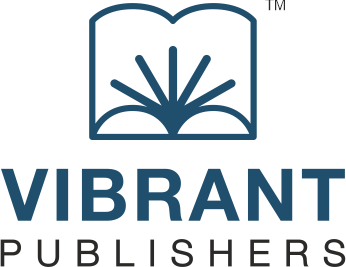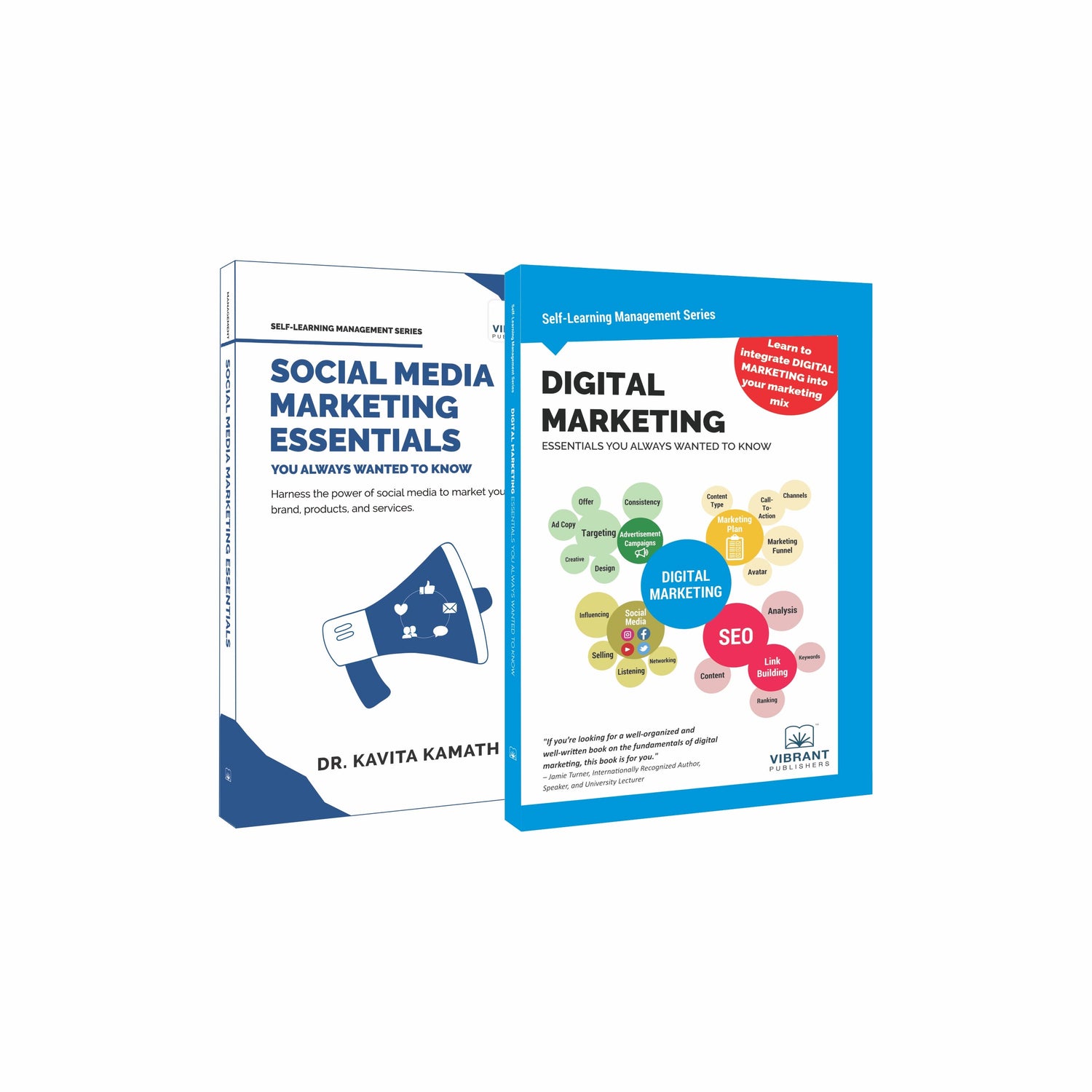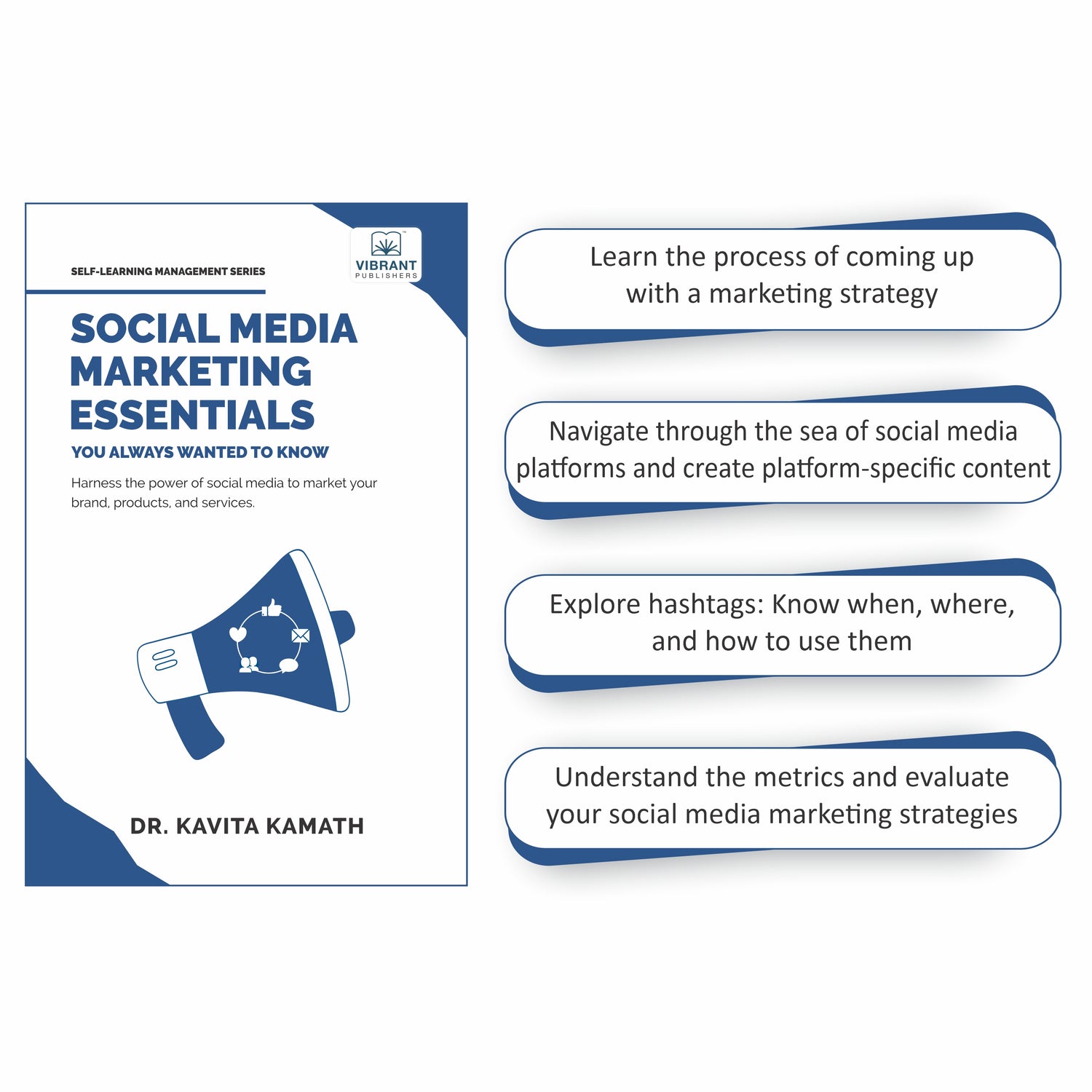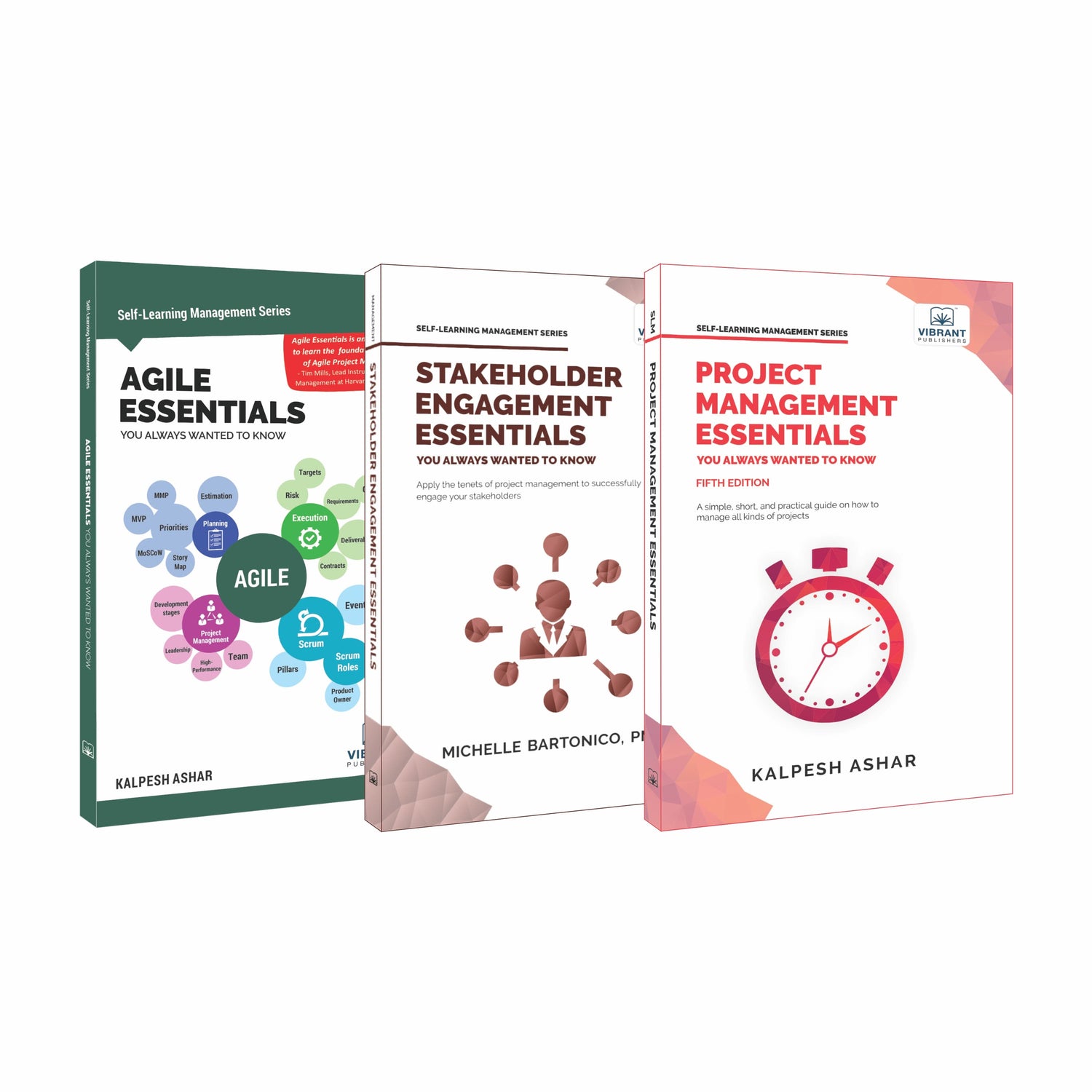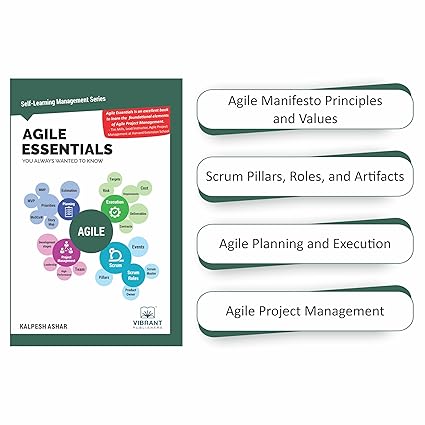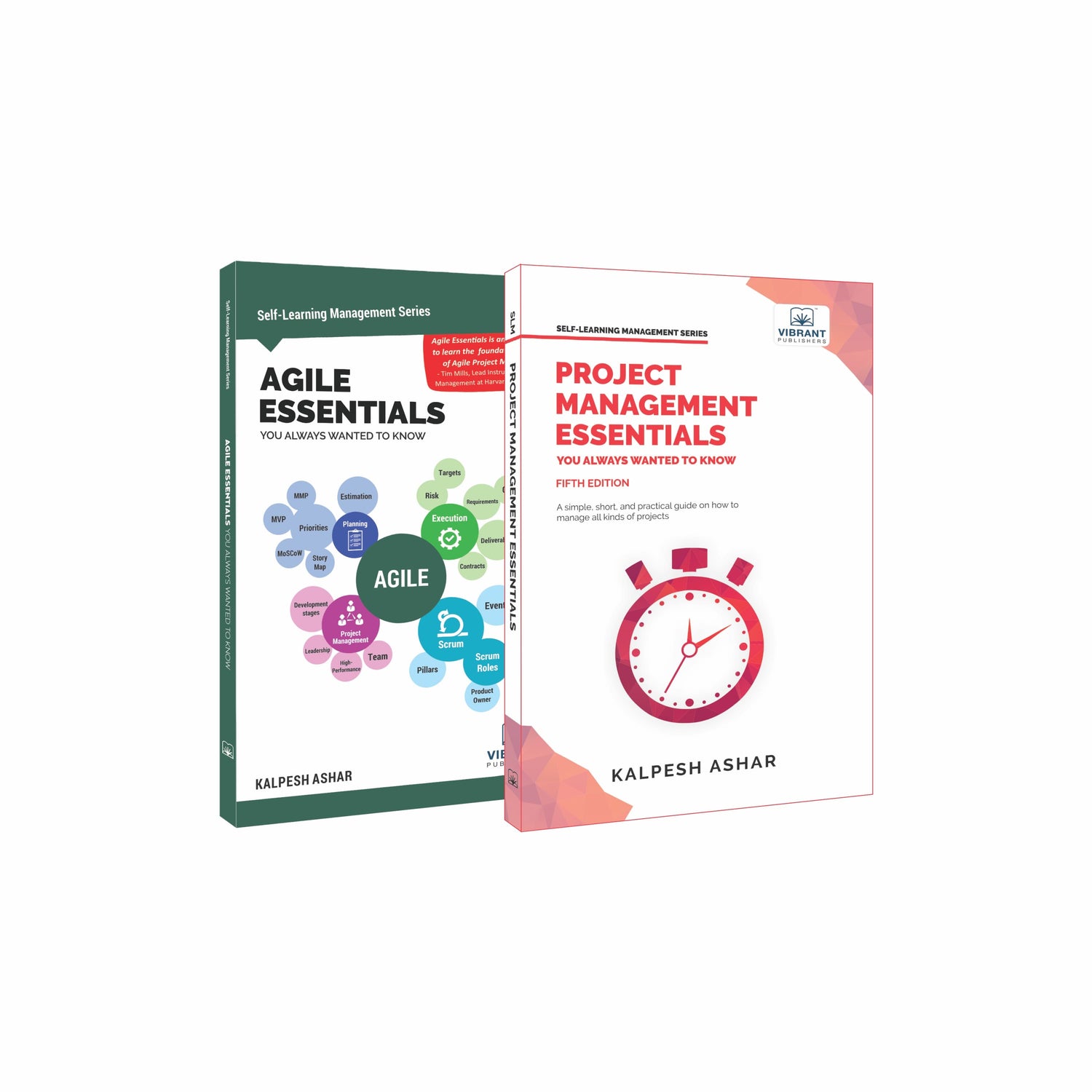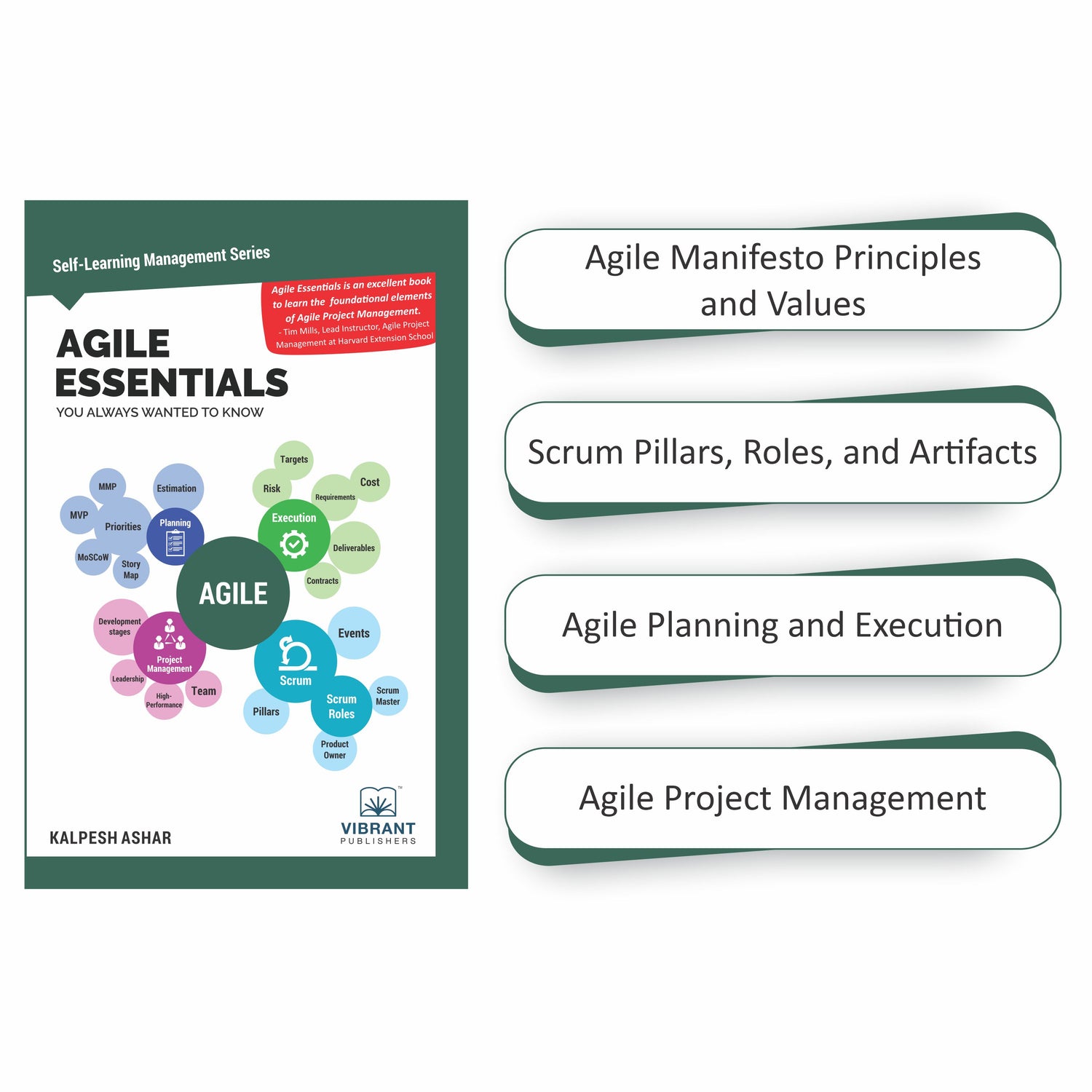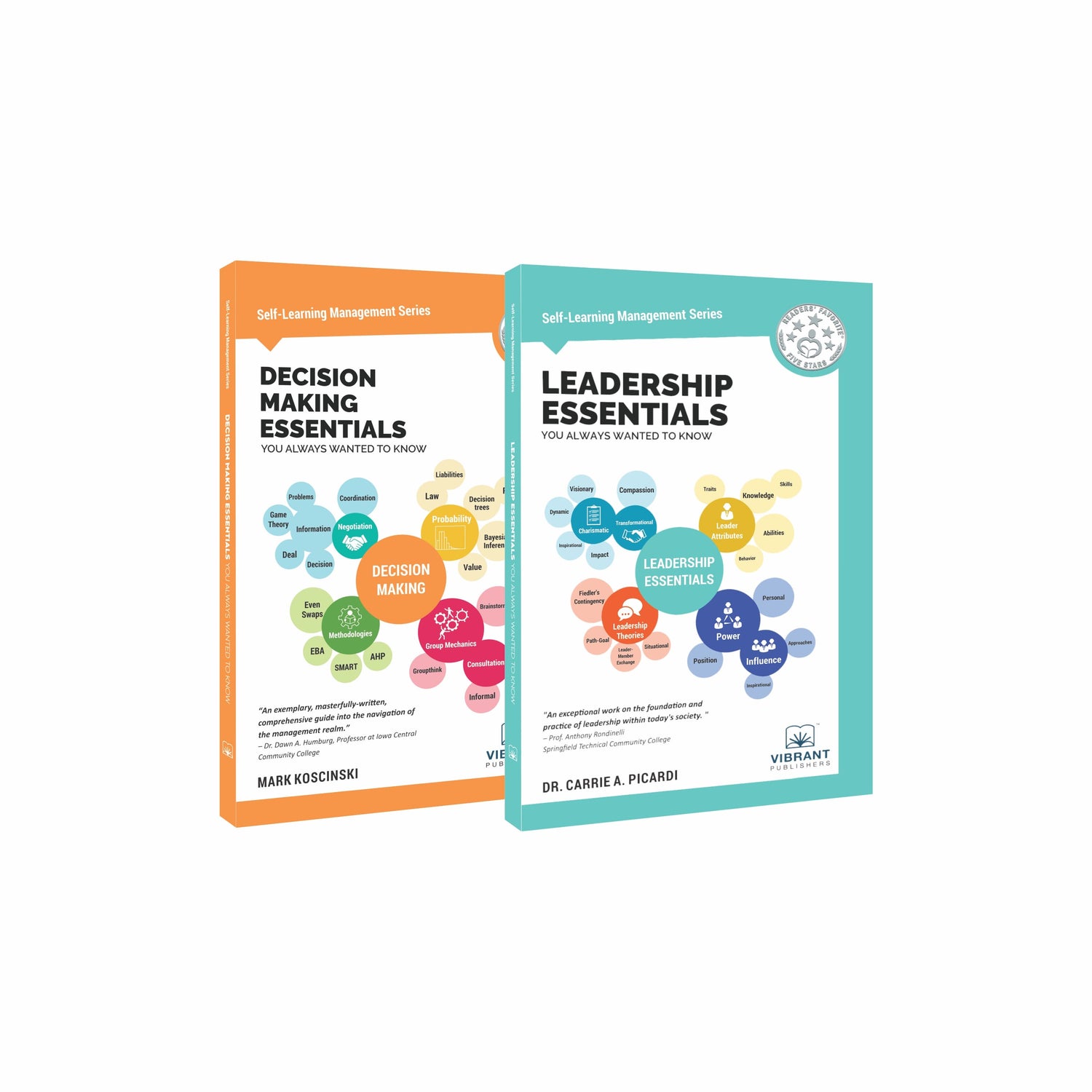Home
-
Blogs On Job Interview Questions
-
FOUR TIPS FOR CAREER DEVELOPMENT AFTER THE GREAT RESIGNATION

FOUR TIPS FOR CAREER DEVELOPMENT AFTER THE GREAT RESIGNATION
Introduction
As Covid-19 spread internationally, the world saw a decline in public health and the global economy. It is therefore not surprising that, as the pandemic wanes, researchers noticed a rising trend in unemployment with almost 48 million people quitting their jobs in 2021. This is popularly known as “The Great Resignation.”
This phenomenon looks like a ‘tidal wave’ as numerous surges of labor market workers are changing their jobs and taking advantage of the economy’s re-emergence. Continuing in 2022, 44% of employees are now “job seekers.” Some choose to factor burnout or lifestyle changes into their decision, but most cite the rise of ample opportunities with higher pay or better benefits. LHH’s overview of this turnover tsunami highlights that there is a desire for career development among workers of all generations. As we adapt to this new era, it is critical that we take the opportunity to make the most of our prospects.
Here are our tips for finding this “safe port” for career development:
Maximize the transition period
Time is of the utmost essence. It is imperative to organize and set everyday goals when transitioning to your next career. Sally Thornton, CEO and founder of Forshay, recommends taking two weeks off. This will allow you to catch your breath and properly prepare for your new position.
Additionally, don’t be afraid to add vacationing to your list. This is a crucial step for de-stressing and mentally preparing for the next journey.
Develop your skills
Next, updating your skillset will greatly benefit any long-term career development. You can ascertain whether you’re the right fit for a certain industry by seeing if your skillset matches their needs.
We also need to reflect on the growing value of soft skills. These skills — such as listening, communication, or time management — are now being recognized as non-negotiable skills for success in any field. It’s not too late to start developing these skills. Research shows that, through enough time and practice, soft skills can be learned by adults.
Prepare properly for the job search
Now that you have the mindset and the skills, it’s time to enter the job search. Try not to put all of your eggs in one basket: explore options. Make sure that you’ve researched the companies and whether their expectations meet yours.
Lastly, read through manuals that detail the questions expected in job interviews. Ensure that these match the field of the occupation and practice your answers beforehand. This will help you build a positive impression with future employers.
Give yourself time to adjust
After the build-up, you’ve finally gotten a new job. However, a common concern is the ‘new job anxiety’ as you settle into an unfamiliar work environment. You may find yourself questioning whether you made the right decision.
Manage your expectations wisely. Create short-term goals and assess the factors for when they are or aren’t achieved. Most importantly, don’t be afraid to communicate with your new team. The adjustment period for working relationships goes both ways.
Conclusion
The Great Resignation may not be for everyone. However, for workers who have been thinking of a career change, this is undoubtedly the best time to maximize their opportunities. Take the chance. With the above tips, you’ll have realized that the change doesn’t have to be scary.
It is merely through thorough preparation that you can find success. That’s why we, at Vibrant Publishers, strive to provide the highest quality books to help working professionals transition into other fields.. With the “turnover tsunami” and our resources, it’s easier to turn your losses into professional gains.
Check out our series of enriching, easy-to-understand books for professionals:
Self-Learning Management Series
Job Interview Questions Series
You may also be interested in:
Job Search in 2022- A Complete Guide For Freshers
The Ultimate Guide to Writing an Impressive, ATS-Compliant Resume
Share
